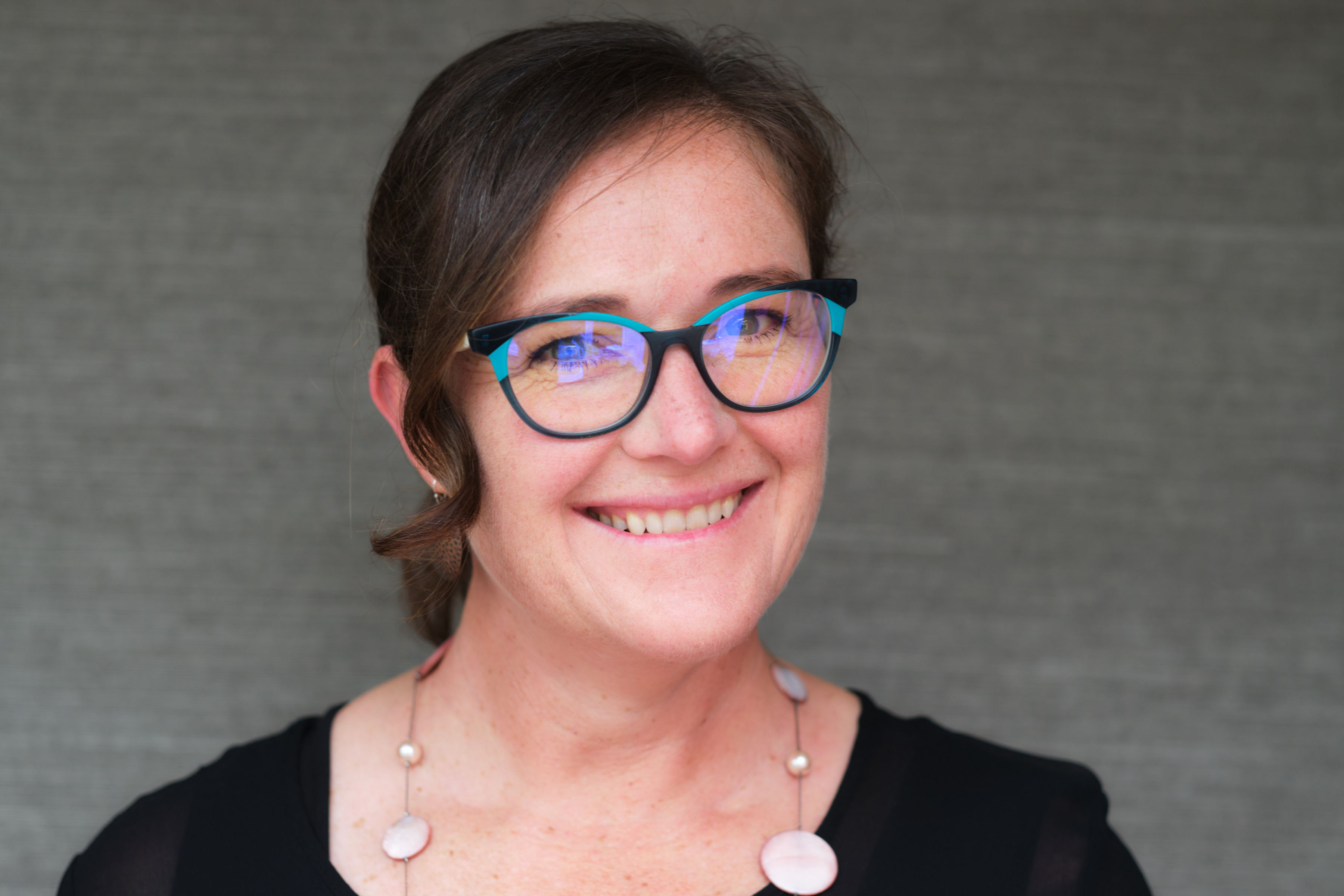
Kim works in Wellington ICU as an Intensivist, and as a Medical Specialist with Organ Donation New Zealand (ODNZ). She is passionate about good end of life care, equity and the wellbeing of healthcare professionals. She has led the development of a national pathway for Assisted Dying Donation (ADD) in Aotearoa NZ. She finds this work meaningful and is proud to be involved in developing this new pathway and supporting the wishes of the patients requesting it.
Safeguarding last wishes: A collaborative process for developing an ethical framework for donation after assisted dying
Alex Kazemi1,2, Kim Grayson1,3.
1Organ Donation New Zealand, New Zealand Blood Service, Auckland, New Zealand; 2Waitemata District, Health New Zealand, Auckland, New Zealand; 3Intensive care Unit, Wellington Hospital, Wellington, New Zealand
Introduction: The introduction of Assisted Dying (AD) legislation to New Zealand (NZ) created an intersection between AD and deceased donation, with unique ethical challenges. While many aspects align with existing donation after circulatory death (DCD) processes, key differences require specific ethical consideration to maintain the integrity of both AD and donation pathways and public trust in donation.
Objectives: To describe our collaborative process in developing a novel ethical framework for NZ to inform providing equitable and culturally safe donation opportunity for individuals choosing AD, while maintaining the same high ethical standards as apply to existing donation.
Methods: Literature review of international publications and policy guidelines from established AD jurisdictions informed an overview of existing specific ethical concerns and principles. These principles were refined iteratively through engagement with clinicians, bio-ethics and palliative care experts, health ethics review boards and Indigenous and disability advisors, to address the following key areas: protection of end-of-life experience quality, preservation of autonomy and mana (dignity), prevention of conflict-of-interest and coercion, and respect for healthcare providers' conscientious objection. Particular emphasis was placed on Te Ao Māori (Māori worldview) perspectives on end-of-life.
Results: The resulting framework, based on international experience and local consultation, establishes clear principles for maintaining autonomy for both AD and donation pathways, defines clinical responsibilities, and provides specific safeguards for maintaining ethical integrity. The ethical principles guided subsequent clinical policy development for donation referral, pre-mortem investigations, and strategies for supporting healthcare staff through the process of Assisted Dying Donation.
Conclusion: We were able to learn from existing international experience in deceased donation after Assisted Dying, whilst adapting it to New Zealand's unique health and cultural contexts. The intersection of the two pathways creates unique ethical challenges for deceased donation, necessitating careful consultation in order to maintain public trust and preserve donor dignity.
[1] Ethics
[2] Assisted Dying (AD)
[3] Assisted Dying Donation (ADD)
[4] Medical Assistance in Dying (MAiD)
[5] Ethics framework
[6] Organ Donation after Assisted Dying (ODE)
[7] Donation after Circulatory Death (DCD)
[8] Donation after Circulatory Death Determination (DCDD)
[9] Voluntary Assisted Dying (VAD)
[10] Deceased Donation